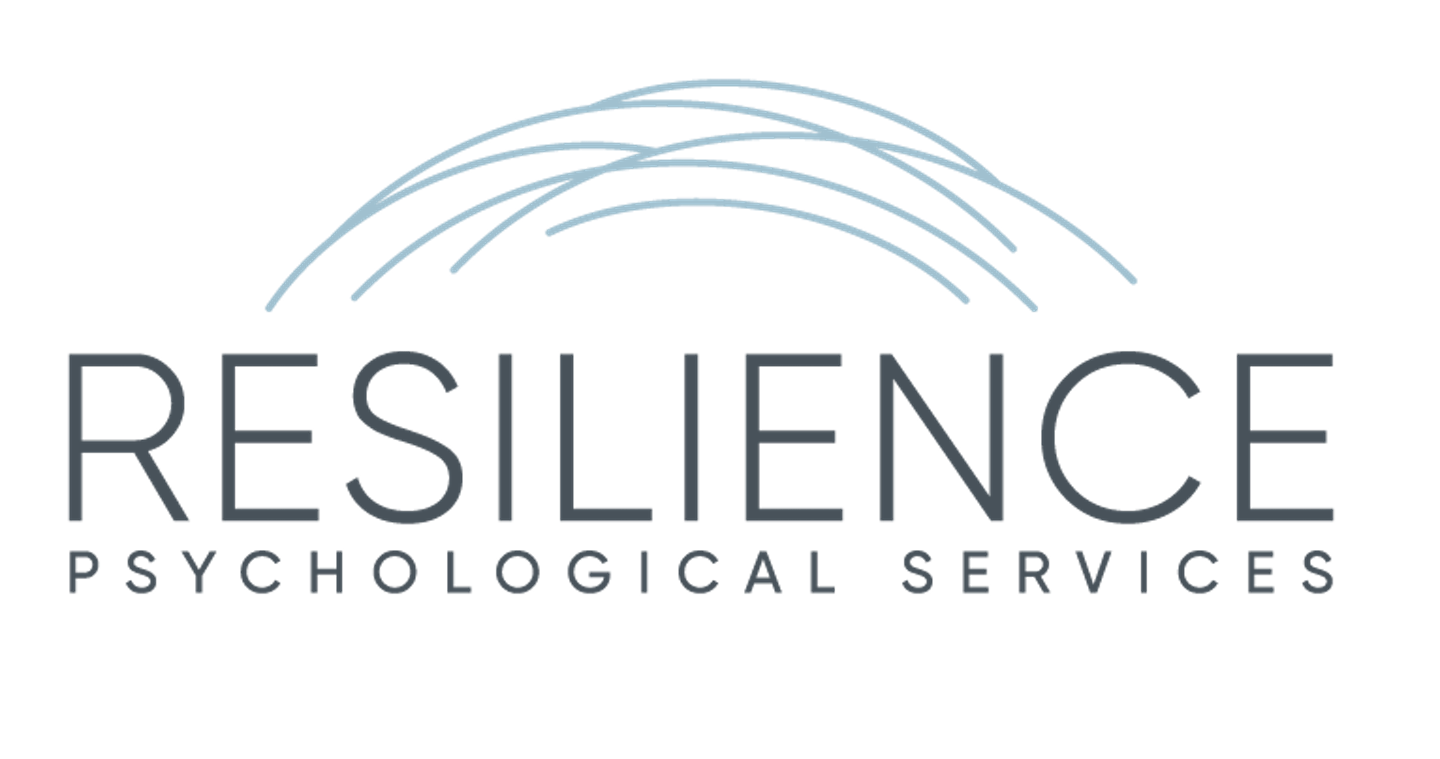Liberation Psychology
Liberation psychology is a therapeutic approach that recognizes the significant impact of social, political, and economic oppression on mental health and well-being. Originating in Latin America, this approach aims to address both personal and collective suffering caused by systemic inequalities, promoting social justice, empowerment, and collective liberation.
Rooted in the belief that individual healing is intertwined with collective freedom, liberation psychology challenges traditional therapeutic models that may overlook broader social and political contexts. This approach empowers individuals to break free from harmful narratives of oppression while fostering personal and collective healing.
At Resilience, we offer liberation psychology to help individuals address the impact of social injustice and collective trauma, fostering personal growth, healing, and transformation. By understanding the interconnectedness of personal well-being and societal liberation, we work together to create pathways toward emotional, psychological, and collective freedom.
Core Principles
Social Context: Acknowledges that mental health issues often stem from societal structures like racism, poverty, sexism, and colonialism. It views mental health through the lens of social, economic, and political contexts, examining how systemic oppression—such as racism, sexism, colonialism, classism, and ableism—affects emotional well-being.
Empowerment: This approach empowers individuals and communities to challenge oppressive systems, fostering personal agency and collective action. Clients are encouraged to recognize their own strength, build resilience, and actively participate in both their healing and broader social change.
Critical Consciousness: Clients are encouraged to develop an awareness of the social forces that shape their lives. By gaining critical consciousness, individuals better understand the societal structures that impact their mental well-being and are empowered to challenge these oppressive systems.
Collective Healing and Solidarity: Promotes healing not only for the individual but also for the community, recognizing that personal well-being is interconnected with social change. Healing is viewed as a collective process, focusing on building solidarity and community connections to address shared struggles. Community healing is essential for collective liberation, as true transformation occurs when both individual healing and collective action contribute to societal progress.
Social Justice and Collective Liberation: Prioritizes the importance of collective liberation—recognizing that true healing occurs when we challenge and dismantle systems of oppression. It emphasizes solidarity, community care, and the collective pursuit of justice.
Overall, liberation psychology seeks to dismantle oppression and promote mental well-being by empowering individuals to challenge systemic inequities and work toward social justice.
Who is it For?
Liberation psychology is suited for individuals and communities facing systemic oppression, including marginalized groups seeking to understand how social injustices affect their mental health. It’s also beneficial for those interested in integrating personal healing with activism and social change.
Liberation psychology is beneficial for individuals who:
Are healing from the trauma of oppression, including racial, gender, economic, and colonial trauma.
Are passionate about social change and want to explore how personal healing intersects with broader efforts for justice, equality, and freedom.
Are seeking a therapy that incorporates both individual healing and the need for social justice and collective liberation.
Seek to address the impact of systemic inequalities on their mental health, including experiences of racism, sexism, homophobia, and other forms of discrimination.
Struggle with the emotional and psychological consequences of historical trauma, such as colonialism and enslavement, and the ways these legacies affect personal and collective healing.
Want to reclaim their voice and agency in a world shaped by oppressive structures.
At Resilience, liberation psychology offers a transformative, empowering, and socially conscious approach to healing. Our therapy is designed to help you understand the ways in which societal oppression impacts your mental health and well-being, and to provide tools for reclaiming your agency, voice, and power. We are committed to supporting you in your journey of healing while fostering a deeper connection to collective liberation and social justice.




